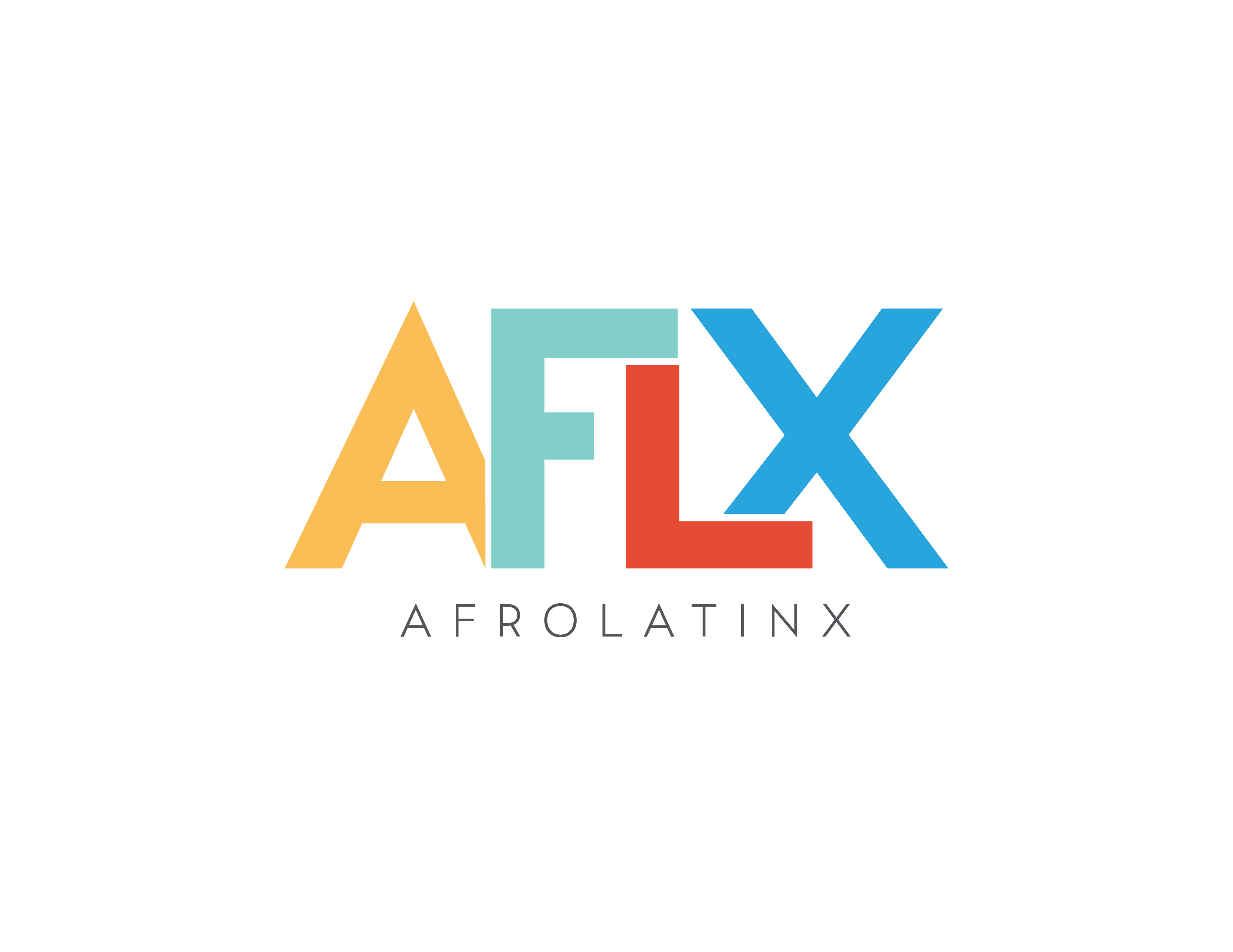The Lens of Latinx Literature

Marilisa Jiménez García

When I proposed a guaranteed Modern Language Association panel on Latinx literature at the 2016 Children’s Literature Association in Columbus, Ohio, my objective was to subvert the conversation on diversity.
Youth literature and culture serves as a dynamic space for Latinx artistry and innovation, and narrates some of most influential debates on Latinx life in the US, including those centered on citizenship, race, and gender. In our contemporary Latinx literary world, literature for youth, and also literature revolving around the processes of adolescence, has taken center stage. In November 2018, we celebrated the triumph of Elizabeth Acevedo as the National Book Award winner for Young People’s Literature for The Poet X (2018). Later, in February 2019, Latinxs would add the first Latina Newbery Medal winner (Meg Medina) and first Latina Printz Award winner (Acevedo) to a list of milestones in literary culture. On the evening of the National Book Awards, Latinx Studies scholar Vanessa K. Valdés, the author of Diasporic Blackness: The Life and Times of Arturo Alfonso Schomburg (2018), underlined a strong connection among issues of race, youth literature, and visibility in the literary canon, writing on Twitter, “#Afrolatinidad all up in the National Book Awards!!! Thank you, [Elizabeth Acevedo], for writing US into the canon!” Similarly, Charlie Vásquez, director of the Bronx Writers Center, recently credited youth literature as an important part of the “#BoricuaLit Renaissance [that] is Happening Now,” marking young adult novels as part of a larger Latinx creative resurgence. Yet literature for youth has long-been a fixture of Latinx culture, from José Martí’s La edad de oro (1899) to AfroBoricuas Pura Belpré and Arturo Schomburg’s storytelling and archiving in the New York Public Library to Ernesto Galarza’s “mini-libros” during the early Chicano movement. Literature for young people has functioned as a key platform, historically, for Latinx communities (Jiménez García,“Pura Belpré”).
Related Articles
Forty Years: Memoirs from the Pages of a Newspaper
Los Angeles was founded in 1781. Among the forty-four individuals who founded it, there were twenty-two adults and twenty-two children. Not very many people know that there were only two Whites among the founders, but there were sixteen Indians and twenty-six...
Pigmentocracies: Ethnicity, Race, and Color in Latin America
"Pigmentocracies--the fruit of the multiyear Project on Ethnicity and Race in Latin America (PERLA)--is a richly revealing analysis of contemporary attitudes toward ethnicity and race in Brazil, Colombia, Mexico, and Peru, four of Latin America's most populous...
The Afro-Argentines of Buenos Aires, 1800-1900
Related Articles
